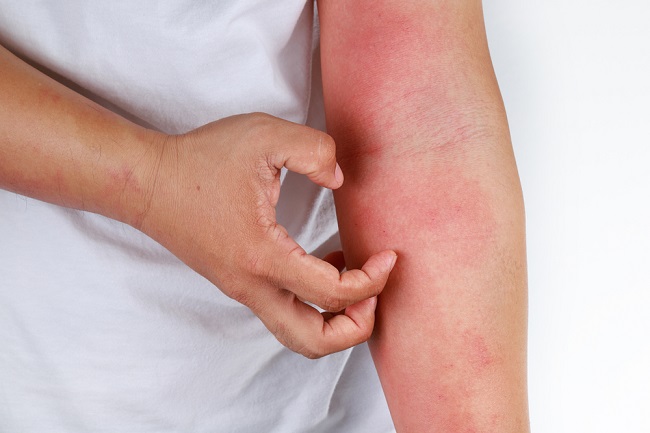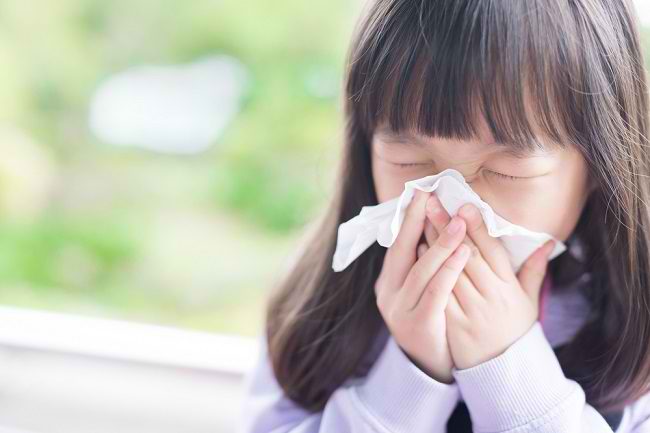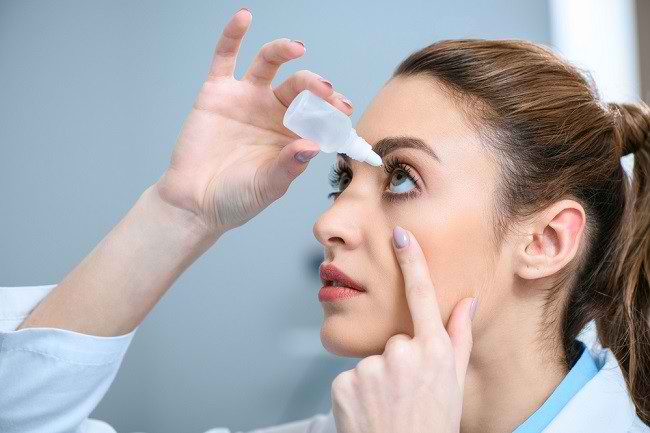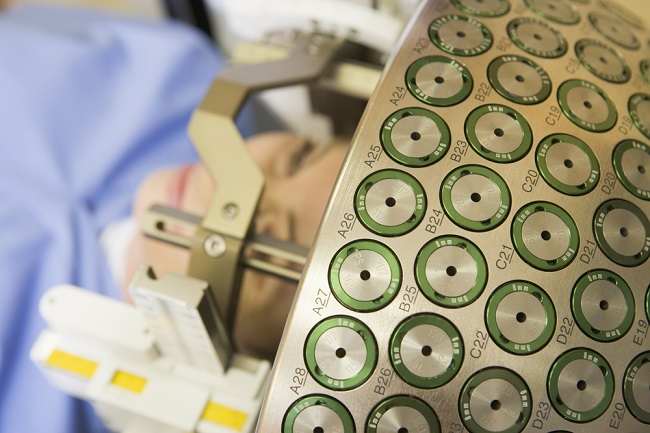AstraZeneca Vaccineor AZD1222 is vaccines to prevent COVID-19. This vaccine is the result of a collaboration between the University of Oxford and AstraZeneca which was developed in February 2020.
AstraZeneca's vaccine for COVID-19 is undergoing clinical trials in the UK, Brazil and South Africa. This vaccine has an efficacy value (protective effect against COVID-19) of 63.09%.

The AstraZeneca vaccine is derived from a genetically modified virus (viral vector). This vaccine works by stimulating or triggering the body to form antibodies that can fight infection with the SARS-Cov-2 virus.
AstraZeneca vaccine trademarks:-
What's that AstraZeneca Vaccine
| group | Prescription drugs |
| Category | COVID-19 Vaccine |
| Benefit | Preventing COVID-19 or SARS-Cov-2 virus infection |
| Used by | Adults over 18 years old |
| AstraZeneca vaccine for pregnant and lactating women | Category N: Not yet categorized. It is not known whether the AstraZeneca vaccine is absorbed into breast milk or not. If you are breastfeeding, do not use this medicine without consulting your doctor first. |
| Drug form | Inject |
Warning Before Receiving Vaccines AstraZeneca
There are several things you should pay attention to before receiving the AstraZeneca vaccine, including:
- Tell your doctor about any allergies you have. The AstraZeneca vaccine should not be used in patients who are allergic to this vaccine or to any of the ingredients in it.
- The AstraZeneca vaccine is intended for healthy adults over the age of 18. The effectiveness and safety of this vaccine is not known for children under 18 years of age.
- Astrazeneca vaccine is not recommended to be given to people who have a fever with a temperature above 38°C, suffer from COVID-19, or suffer from a serious infectious disease.
- Tell your doctor if you have previously had COVID-19 or have had convalent plasma therapy.
- Tell your doctor if you have easy bruising or bleeding gums, which are signs of a blood clotting disorder, or if you are taking blood-thinning medications.
- Tell your doctor if you have HIV/AIDS, have a weakened immune system, or are taking treatment with immunosuppressant drugs.
- Tell your doctor if you are pregnant, breastfeeding, or planning a pregnancy. The effectiveness and safety of administering this vaccine is not yet known in these conditions.
- Consult about using the AstraZeneca vaccine if you have obesity, heart and blood vessel disease, lung and respiratory disease, or diabetes.
- The effectiveness and safety of the AstraZeneca vaccine is not yet known in people with autoimmune diseases. Consult a doctor if you suffer from this condition.
- Tell your doctor if you are taking any medications, supplements, or herbal products.
- See your doctor immediately if you have an allergic reaction after you have received the AstraZeneca vaccine.
AstraZeneca Vaccine Dosage and Schedule
The AstraZeneca vaccine will be given directly by the doctor. The dose in a single injection is 0.5 ml. Vaccine injection is done 2 times with a distance of 4-12 weeks. This vaccine will be injected into the muscle (intramuscular / IM).
If you have previously had COVID-19, the AstraZeneca vaccine can be given for at least 6 months after you recover. If you have recently received convalescent plasma therapy, vaccination should be delayed until at least 90 days after therapy.
How to Give AstraZeneca Vaccine
The AstraZeneca vaccine will be administered directly by a doctor or medical officer under the supervision of a doctor. Before undergoing vaccination, medical personnel will conduct a screening to ensure your health condition. If you have a fever, vaccination will be postponed until you recover.
The skin area to be injected with the vaccine will be cleaned with alcohol swab before and after injection. Disposable syringes that have been used will be thrown into the safety box without closing the needle.
To anticipate the occurrence of serious AEFIs (post-immunization co-occurrence), AstraZeneca vaccine recipients will be asked to stay at the vaccination service center for 30 minutes after being vaccinated.
AEFIs are complaints or medical conditions that can occur after vaccination, including side effects and allergic reactions to vaccines.
Even though you have received the vaccine, you still have to comply with health protocols to prevent the transmission of COVID-19, namely by washing your hands, keeping your distance from other people, wearing a mask when outside the house, and avoiding crowds.
Interaction AstraZeneca Vaccine with other drugs
It is not known with certainty the interaction effect of AstraZeneca vaccine when used together with certain drugs, supplements, or herbal products. To be safe, tell your doctor before vaccination if you are taking any medications, supplements, or herbal products.
Side Effects and Dangers AstraZeneca Vaccine
Some of the side effects that can occur after receiving the AstraZeneca vaccine are:
- Pain, warmth, itching, or bruising at the injection site
- Headache
- Feeling unwell
- Body feels tired
- Muscle and joint pain
- Throw up
- Fever
- Diarrhea
- Shivering
- Flu symptoms
Check with the doctor if the complaint does not go away or gets worse. Immediately see a doctor if you experience an allergic reaction after vaccination.









